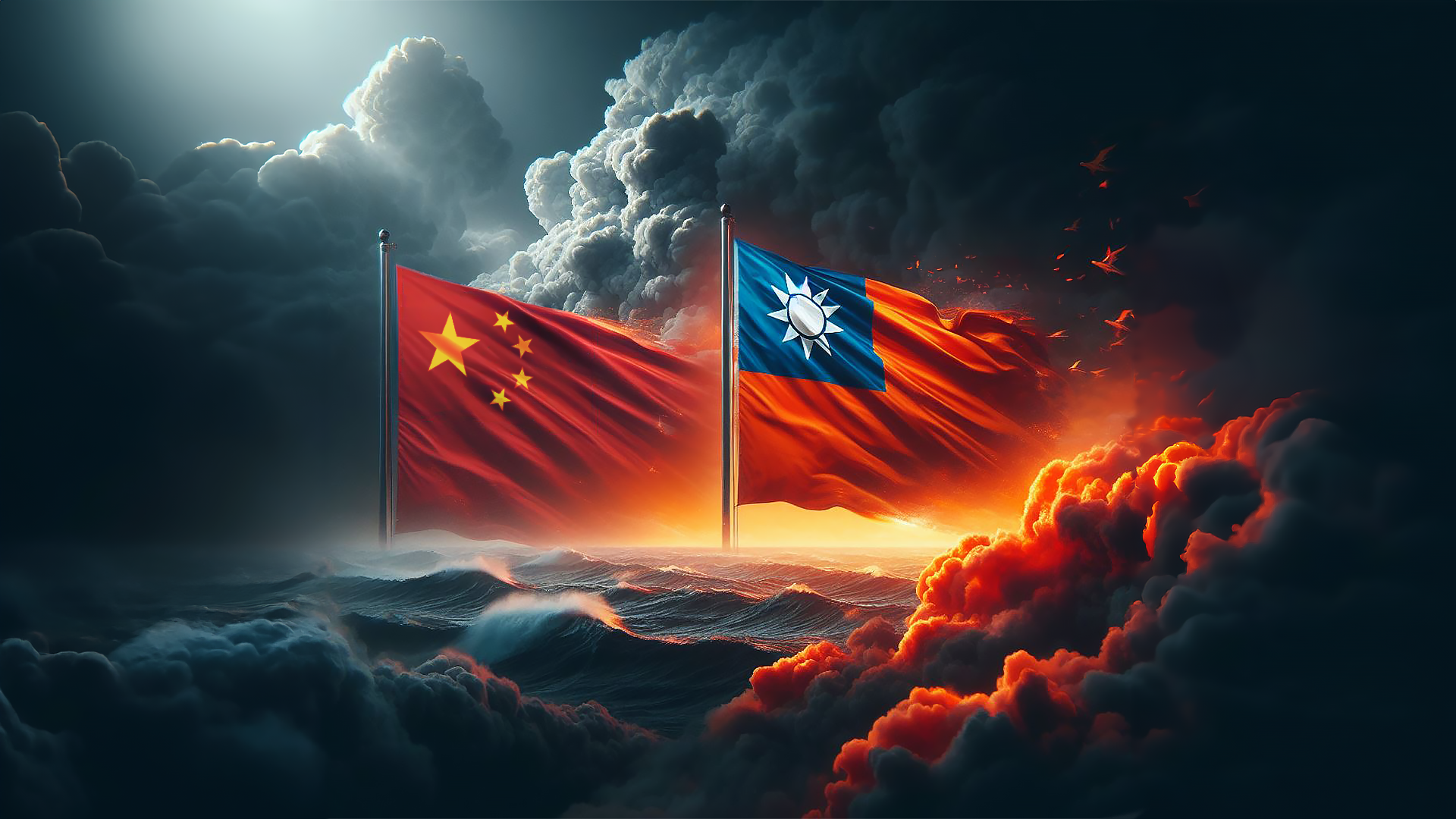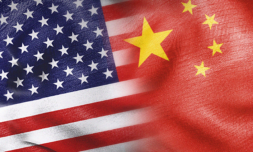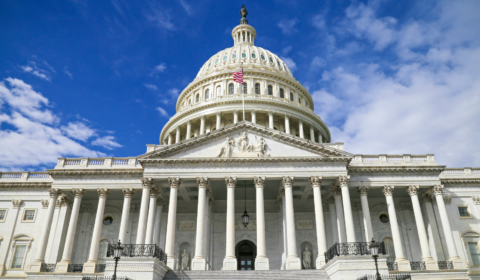As China escalates aggression against Taiwan, the upcoming elections in the latter possess the potential to disrupt global stability. US assistance aims to counterbalance this power struggle.
China’s claim over Taiwan, a self-governing island nation, is more than just a territorial dispute but a multifaceted confrontation fueled by the need for power. This delicate balance now faces increasing strain as China asserts its dominance and the US reaffirms its commitment to Taiwan’s defense.
Taiwan’s upcoming presidential elections on January 13th have garnered significant international attention due to their potential impact on the already tense relations between Taiwan, China, and the United States.
Either way, Beijing has stated that it would pursue the unification of Taiwan and China with any force if necessary.
The implications of the election
President Tsai Ing-wen aims for re-election after winning her first term in 2016. Known for her pro-independence stance, she has strengthened Taiwan’s ties with the US and other democratic nations. The opposition, Eric Chu advocates for closer ties with China and focuses on domestic issues and economic growth, with a less assertive stance on cross-strait relations.
A win for Tsai, the incumbent pro-independence president, would likely solidify Taiwan’s current course of strengthening its military, and pursuing closer ties with the US and other democracies.
China would view Tsai’s re-election as a setback for its reunification goals and could respond with increased military pressure, diplomatic isolation, and economic coercion. This may further strain China-Taiwan relations and increase the risk of military confrontation.
Yet, with a more China-friendly leader in Taiwan like Chu, it’s unlikely to significantly alter its long-term goals of eventual reunification. China could use Chu’s victory as an opportunity to push for closer economic and political ties while continuing to assert its territorial claims and military presence near Taiwan.
Why China wants to unify Taiwan
Geopolitically, Taiwan serves as the key point of the First Island Chain – the first line of defense against any Pacific threats. Taiwan falls right in the middle of this change giving it a strategic advantage in the region which mainly includes an upper hand in shipping routes.
If China were to assume control of Taiwan, it would have leverage over major economies as much of global trade flows through the waters that surround Taiwan. It would be able to narrow the gap between the East China Sea and the Philippine Sea allowing it to limit the naval movement from rivals.
The ascendancy of China in the region would bring about significant economic, political, and military consequences as it reshapes the power dynamics between the US and China, leading to heightened strategic rivalry and diplomatic tensions.
On top of that, there is the vital One China policy. The policy indicates that there is only one sovereign state and that the People’s Republic of China (PRC) is the sole legitimate government representing the whole of the nation.
China still sees Taiwan as a part of its territory, so any country with diplomatic relations with it must acknowledge that the latter is an inherent part.




















